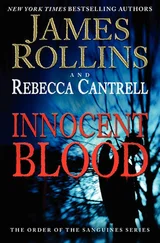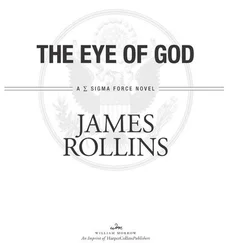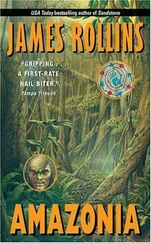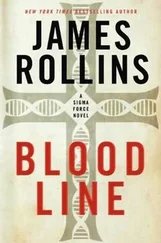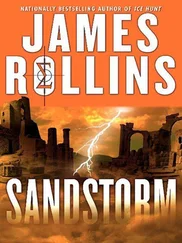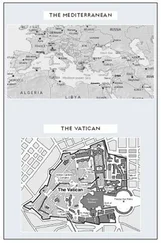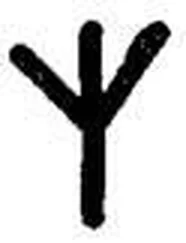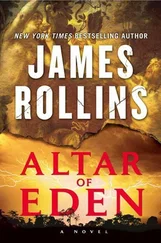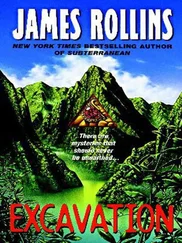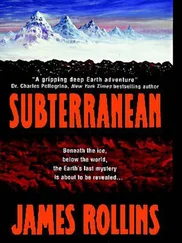“Ice fog,” the Inuit said. “Temperature’s dropping even though the sun is rising.”
Matt agreed. “Weather pattern’s shifting.”
Storms up here were seldom mild. It was either clear and calm, like now, or a damnable blizzard. And while snowfall was seldom significant at these latitudes, the winds were dangerous, stirring up squalls of ice and surface snow that achieved blinding whiteout conditions.
He swung to Jenny. “Can we make the drift station before it hits?”
“Should.”
It was the first word she had spoken since leaving Kaktovik. Something had upset her over at Bennie’s place, but she had refused to talk about it. She had eaten her meal as methodically as a backhoe chewing through a stubborn hillside. Afterward, she had disappeared into the hangar’s office for a short catnap. No more than half an hour. But when she returned from the back room, her eyes were red. It didn’t look like she had slept at all.
Her father glanced to Matt, catching his eyes for a moment, almost studying him. When Jenny and Matt had been married, he and his father-in-law had grown as close as brothers. They had camped, hunted, and fished regularly. But like Jenny, after the loss of his only grandson, the man had hardened toward him.
Yet, at the time of Tyler’s death, Matt had sensed no blame from the elderly Inuit. John, more than anyone, knew the severity of life in the Alaskan backcountry, the risk of sudden death. While growing up, he had been raised in a small seaside village along Kotzebue Sound near the Bering Strait. His full Inuit name was Junaquaat, shortened to John after he moved inland. His own seaside village had succumbed to starvation during the freeze of ’75, vanishing in a single winter. He had lost all his relatives — and such a fate was not uncommon. Resources in the frozen north were always scarce. Survival balanced on a razor’s edge.
Though John did not blame Matt for Tyler’s drowning, he did harbor resentment for the ugly period that followed. Matt had not been kind to his daughter. He had been hollowed out by guilt and grief. To survive, he had gone deeper into the bottle, shutting her out, unable to face the blame in her eyes, the accusations. They had said things during that time that could never be unspoken. Finally, it had grown to be too much. Broken, beaten, unhealed, they had splintered — falling apart.
John placed a hand on Matt’s shoulder now. His fingers squeezed ever so softly. In that gesture, Matt found a level of peace and acceptance. It was not only death that the Inuit people learned to survive, but grief also. John patted his shoulder and sat back.
Matt stared, unblinking, at the icy glare of morning, more unsure of his heart than he had been in years. It was an uncomfortable feeling, as if something heavy had shifted loose inside him, disturbing his center of balance.
Jenny spoke, checking her heading and speed with a finger. “We should be at the coordinates Craig gave in another half hour.”
Matt kept his gaze fixed forward. “Should we radio the base in advance? Let them know we’re coming?”
She shook her head. “Until we know what’s going on over there, the less forewarning the better. Besides, radio communication is still shoddy.”
En route, they had been receiving bursts of communication across open channels. Word of the explosions at Prudhoe Bay had spread immediately. As Craig had predicted, news agencies were scurrying, and speculation was rampant.
Craig grumpily sat straighter. “If we just drop in, how are we going to explain our sudden appearance at the base? Are we going to storm in as officers of the law? Investigative journalists? Fleeing refugees seeking asylum?”
“Forget about storming in with any authority,” Jenny answered. “I have no jurisdiction up there. I say we explain all we know and warn those in charge. Whoever attacked us might not be far behind.”
Craig studied the empty skies, clearly searching for any signs of pursuers. “Will the base be able to protect us?”
Matt turned to Craig. “You know more about this Omega base than any of us, Mr. Reporter. What sort of Navy contingent is stationed there?”
Craig shook his head. “I wasn’t given any specifics about my destination…just told to pack my bag, then shoved on the first Alaska Airlines flight leaving Seattle.”
Matt frowned. There had to be at least a sub and a crew. Hopefully more personnel were stationed at the research base itself. “Well, whoever’s there,” he decided aloud, “with the storm coming, they’ll have to take us in. After that, we’ll make them listen to us. Whether they believe us or not, that’s a whole other can of worms. After the explosions at Prudhoe, suspicions will be high.”
Jenny nodded. “Okay, we’ll play it that way. At least until we get a better handle on the situation.”
John spoke up from where he was peering out the side window. “I see something off to the north a couple degrees. Red buildings.”
Jenny adjusted course.
“Is it the drift station?” Craig asked.
“I’m not sure,” Jenny said. “Those structures are about six miles from the coordinates you gave me.”
“That’s the data my editor gave me.”
“It’s the currents,” Matt said. “They don’t call it a drift station for nothing. I’m surprised the station is even that close to the coordinates. Craig’s information has to be almost a week old by now.”
Jenny buzzed toward the spread of red buildings.
As they approached, details emerged. There was a wide polynya lake a short distance from the base. Steel bollards had been drilled into the ice surrounding the open water. Submarine docking bollards, Matt realized. Though presently the lake was empty. Beyond the polynya, he counted fifteen red buildings. He recognized them as Jamesway huts from his military days, the cold-weather version of the old Quonset huts. In the middle of the small village, an American flag fluttered atop a tall pole.
“At least it’s a U.S. base,” Craig mumbled as Jenny banked over the site.
“This has to be the place,” Matt muttered.
A few vehicles were lined up on one side. Clear tracks led from the polynya to the cluster of Jamesway huts. But another track led straight out from the base, well trundled and beaten. Where did it lead? Before he could get a good look, Jenny circled around and prepared to land.
Below, a few figures appeared from some of the buildings. All wore parkas and stared skyward. The plane’s engine must have been heard. Visitors were surely rare out here in the remote ZCI zone of the polar ice cap. Matt was relieved to see that the gawkers wore parkas of vibrant colors: greens, blues, yellows, and reds. Such colors were meant to be seen, to help find a mate lost in a storm.
Thankfully there was not a single white parka among them.
Jenny set the plane’s skis and dropped the flaps. She began a smooth descent to the tabletop ice field just north of the base. “Everyone buckle in,” she warned.
The Twin Otter fell toward the ice. Matt gripped his seat arms. The plane swooped down, leveled off sharply, then skidded over the ice. The vibration of the skis over the slightly uneven surface rattled every bolt in the plane and the metal fillings in Matt’s back molars.
But once she had touched down, Jenny quickly cut power and raised the flaps to brake. The plane slowed, and the vibration died down to a gentle bumping.
Craig let out a sigh of relief.
“Welcome to the middle of the Arctic Ocean,” Jenny said, and angled the plane around. She taxied back toward the base, now a short distance away.
“The Arctic Ocean,” Craig echoed, eyeing out the windows suspiciously.
Matt could relate to his misgivings. Since three years ago, he distrusted ice. Though the footing under you might look solid, it wasn’t. It was never a constant. It was an illusion of solidness, a false sense of security that betrayed when one least expected. You just had to turn your back for a second…a moment’s distraction…
Читать дальше

